At a school board meeting in Loudoun County, Virginia last week, hundreds of parents flooded the session to protest the alleged use of "critical race theory" in schools, accusing the district of teaching their kids that racism in America is structural and systemic, something the board denies doing. Two arrests were made, and the board had to adjourn because of the ruckus.
That same day, the chairman of the Joint Chiefs of Staff, General Mark Milley, was grilled by professional troll and alleged child sex trafficker Rep. Matt Gaetz about how the military should think about Critical Race Theory.
Gen. Milley gave an impassioned response that went viral:
"I want to understand white rage, and I'm white….I've read Mao Zedong. I've read Karl Marx. I've read Lenin. Does that make me a communist? So what is wrong with understanding — having some situational understanding for which we are here to defend?"
For months, right-wing media outlets and state legislators, taking their cue from groups like the Heritage Foundation, have made CRT their rallying cry, with Fox News often having reported on it dozens of times daily. The result is both predictable and intentional: CRT has become the Black Scary Thing that taps into GOP fears and opens the wallets of the base.
The choice of CRT as a target would be laughable if it weren't so effective, the latter likely because it sounds vaguely Marxist ("critical" and "theory") and frightening ("race") to the uninformed. CRT is in fact a dense, postmodernist legal theory in academia that has been around for more than 40 years, and it isn't actually taught in regular schools let alone in grades K-12 where it would fly right over the heads of kids. At its core is the unremarkable assertion that race is a social construct, not merely the product of individual prejudice, and that racism is embedded within our legal systems and policies.
What the right takes issue with are actually the efforts at racial equity and the teaching of non-white perspectives and history that flow out of CRT's critiques. Its detractors don't like the idea that this can sometimes lead to a politics of identity for minorities and give rise to social justice movements like Black Lives Matter. When they rally parents against its alleged teachings, the right claims that CRT can undermine faith in the founding figures of our nation and lead children to not love their own country. It is this discomfort over difficult truths that transforms racial prejudice into overreaction, like a suburban white lady calling 911 on her black neighbors over their barbecue.
From a larger perspective, the invented conflict over CRT is but one battle in the culture wars, which now covers everything from the removal of Confederate statues to cries of "cancel culture" when celebrities and politicians are called to account for their behavior. The CRT claim is insidious because it is taking place against a backdrop where most children today in school are non-white, and when white parents are starting to sense the change. Meanwhile, educators are simply trying to find ways to teach inclusively about multiple heritages to their increasingly racially diverse students, when in the past only one acceptable narrative was taught.
It probably won't do much good to tell those who rail against CRT that they don't even understand what the theory is, and that they are conflating it with anti-racism or social justice movements, just as it does little good to explain that socialism is not communism. What Fox News viewers hear is "race" and "critical," and their hackles and defenses are up.
From a strategic perspective, the GOP is now saying the quiet part out loud. "This is the Tea Party to the 10th power," crowed Steve Bannon, Trump's former adviser, citing local school board fights over critical race theory. "This isn't Q, this is mainstream suburban moms—and a lot of these people aren't Trump voters."
In short, through this drumbeat against CRT, the GOP hopes to resurrect the anger and organization of the Tea Party following Barack Obama's election, once again using race and racism as a way to harness those passions and transform them into high viewership for Fox, greater political activism, and, importantly, more donations to the party. They don't have a Black man in the White House anymore to fuel racial resentment, so they have conjured Black bogeymen inside our schools—out of a four-decades-old legal theory.
We cannot make the same mistake we did in 2010 and ignore the peril of a GOP base whipped into a fearful frenzy over another Black Scary Thing. Like General Milley, we need to understand white rage and not allow it to metastasize into violence or repression. CRT itself would have us examine the structural reasons for racism within our system and address them. In their attack on CRT, the right has exposed an entire ecosystem of hate, misinformation and racial resentment and is deploying it for political and financial gain, directing it against the very idea of teaching about racism. We would be wise to expose it and halt its spread.

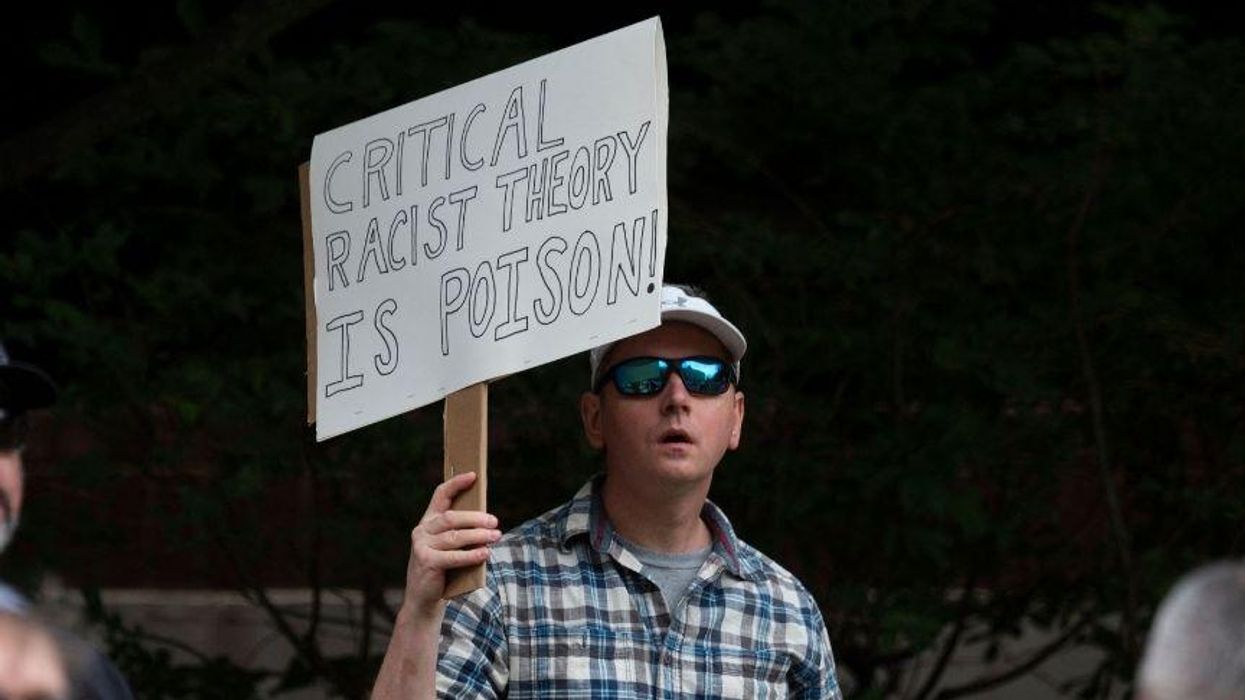

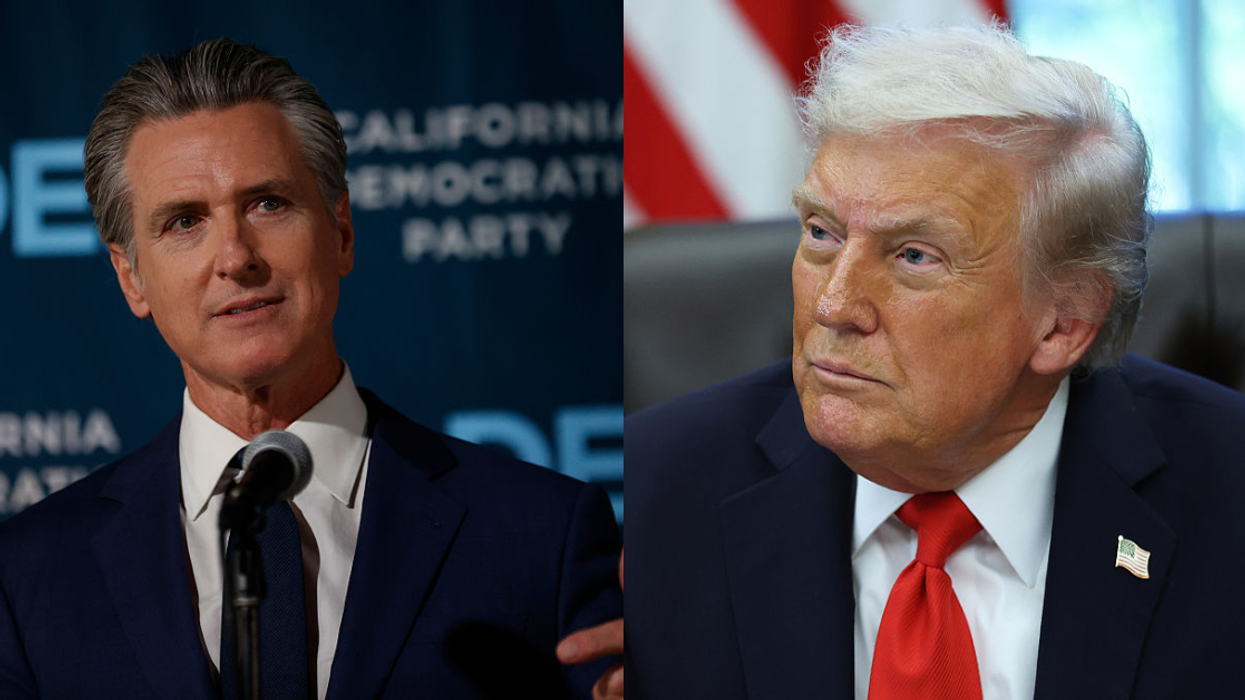

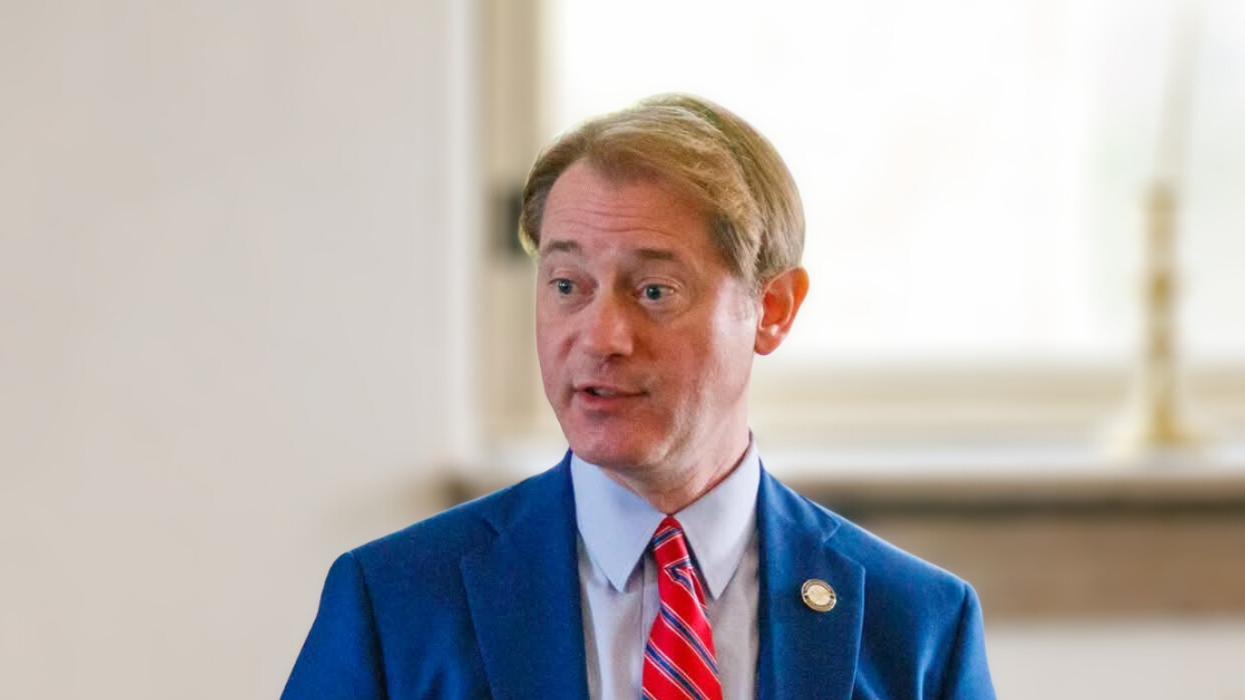

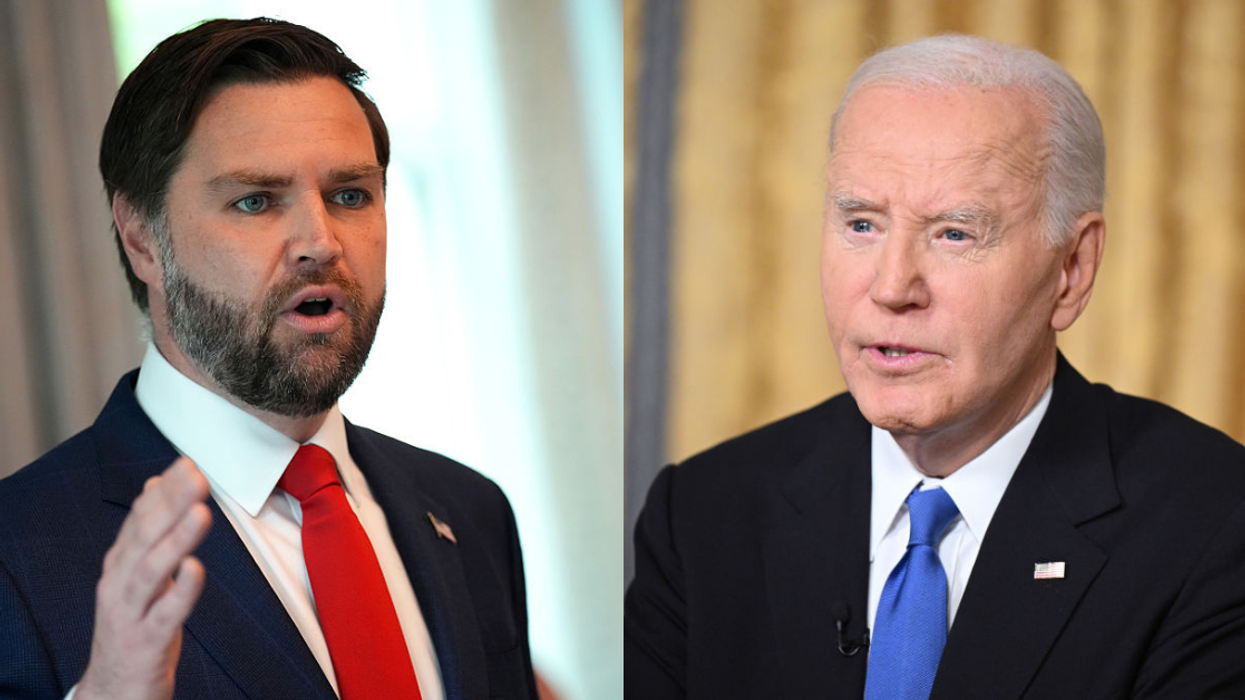





 Hulu/Disney+
Hulu/Disney+
 @jeopardy/TikTok
@jeopardy/TikTok @jeopardy/TikTok
@jeopardy/TikTok @jeopardy/TikTok
@jeopardy/TikTok @jeopardy/TikTok
@jeopardy/TikTok @jeopardy/TikTok
@jeopardy/TikTok @jeopardy/TikTok
@jeopardy/TikTok @jeopardy/TikTok
@jeopardy/TikTok @jeopardy/TikTok
@jeopardy/TikTok @jeopardy/TikTok
@jeopardy/TikTok @jeopardy/TikTok
@jeopardy/TikTok @jeopardy/TikTok
@jeopardy/TikTok @jeopardy/TikTok
@jeopardy/TikTok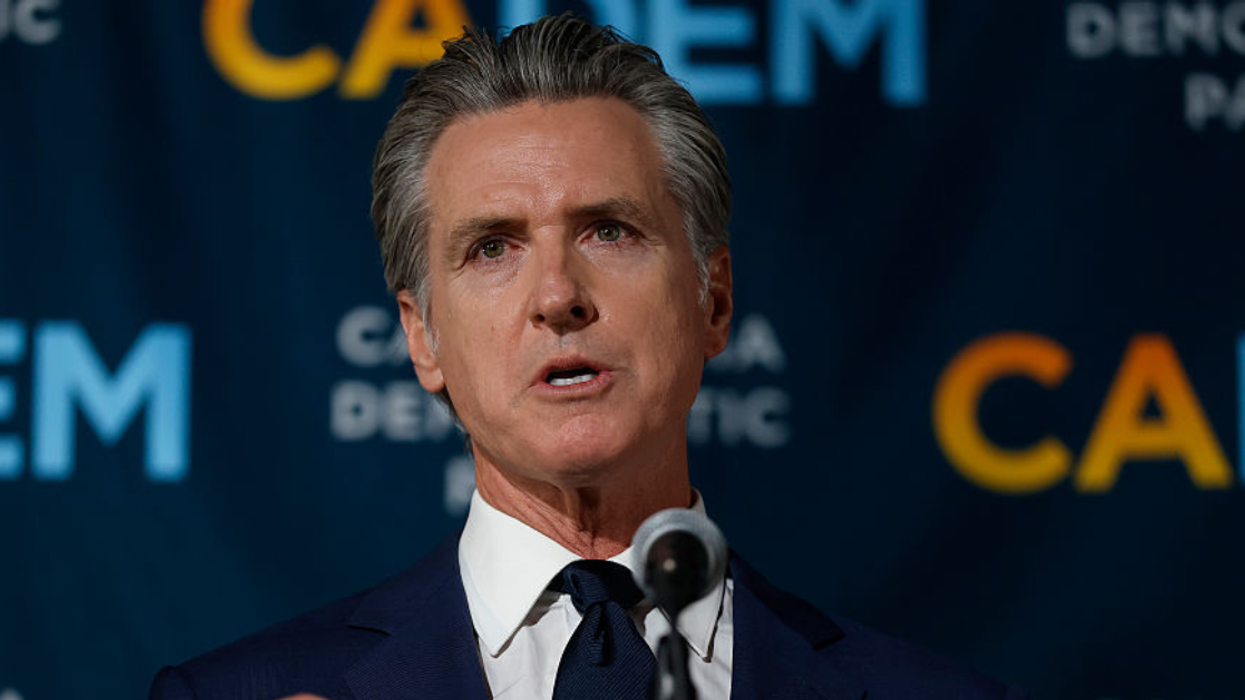

 @arianagrande/Instagram
@arianagrande/Instagram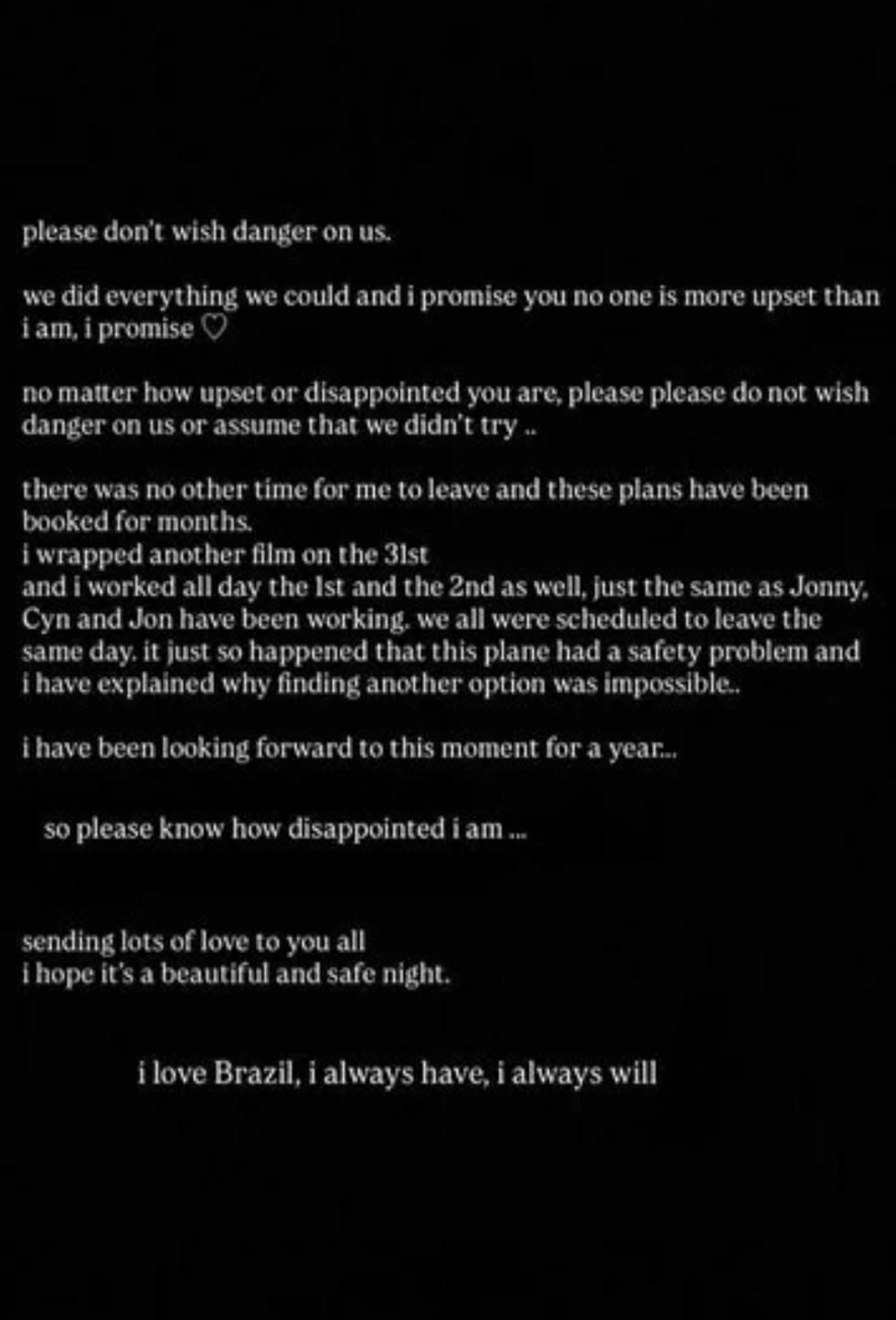 @arianagrande/Instagram
@arianagrande/Instagram